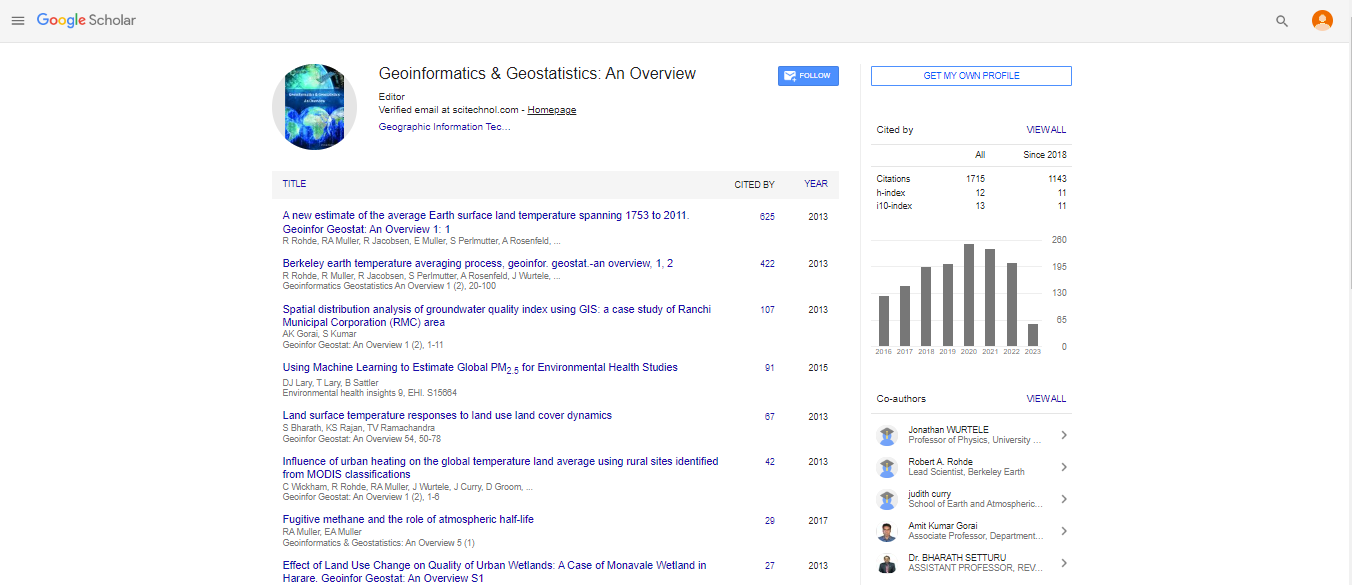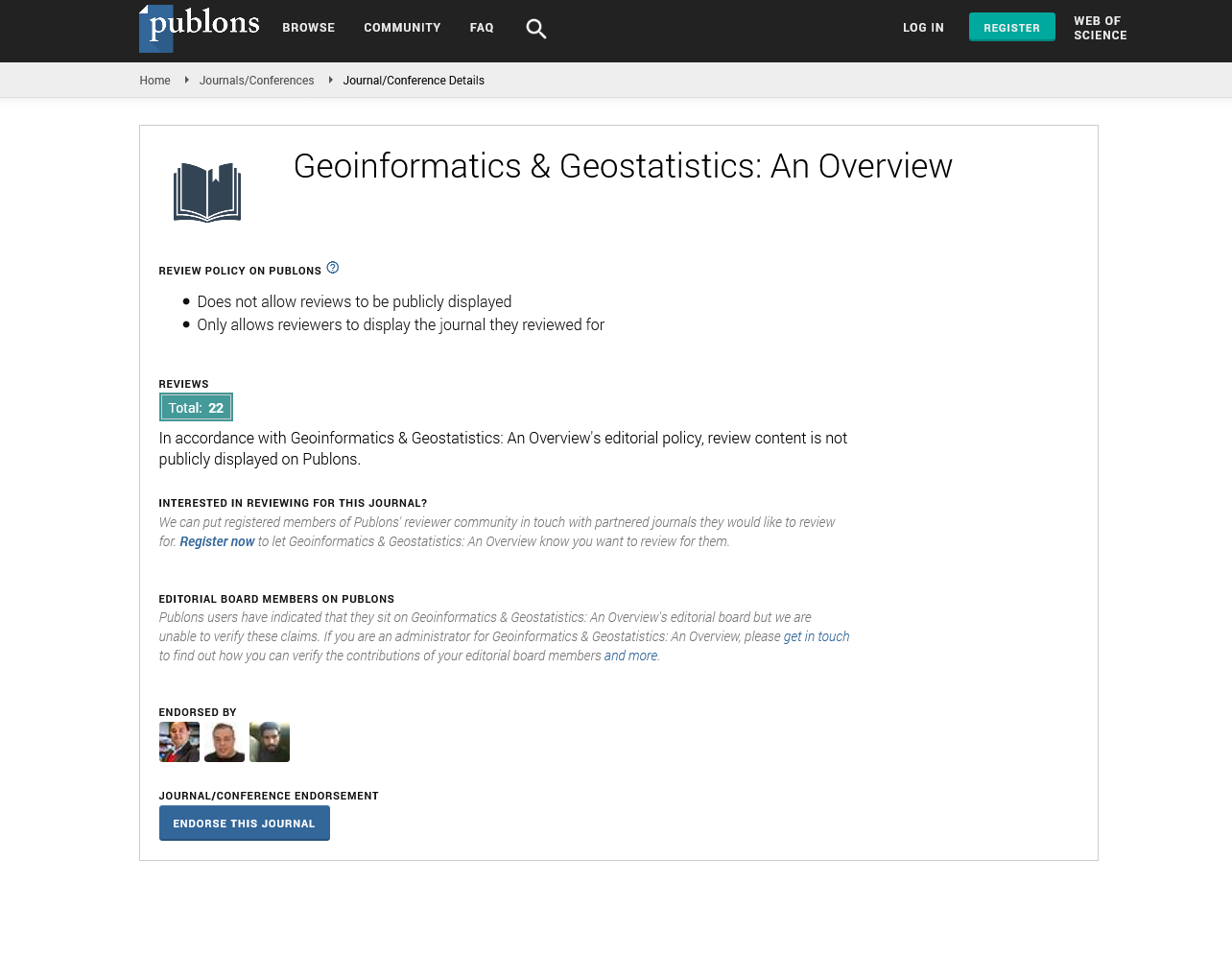Addressing future challenges to reduce PFCs emissions from aluminum smelters
Nasr Bensalah
Qatar University, Qatar
:
Abstract
All aluminium production has an environmental impact, such as emissions of gases (HF, SO2 and NOx) and dust into the air, in addition small amounts of greenhouse gases such as CO2 and perfluorocarbons (PFCs). In order to monitor and control the impact of these emissions, measurements and surveillance are essential. PFCs, being powerful greenhouse gases, are formed during aluminium electrolysis when so-called "anode effect" occurs. New researches have shown that PFCs may also be formed during normal electrolysis when just one or two anodes go into anode effect. The amount of PFCs formed during normal electrolysis is unknown, and therefore gas monitoring measurements on industrial cells must be performed. Low concentrations and high flow-rate volumes demand strict sampling methodologies and routines, such as EPA standards utilized world-wide. However, these standards have now come of age and new equipment has been developed and reached an affordable price level. In particular ion chromatography (IC) allows simpler handling of samples, but requires new approaches to take out the potential. The user interface of such modern devices has been standardized so that the need for specialized operators has been reduced. Additional new equipment has been introduced to measure gases in the ppb range; particularly Fourier Transform Infrared (FTIR) spectrometer. This talk focuses mainly on: (i) Representative sampling accuracy at less operating time and costs, (ii) Long-term sampling periods utilizing commercially available passive/solid absorbers, (iii) New methodologies for reducing gas emissions during aluminium production.
Biography
Nasr Bensalah is an Associate Professor with the Department of Chemistry and Earth Sciences, at College of Arts and Sciences, Qatar University. Since June 2009, he worked as a Research Scientist with the Department of Chemical Engineering at Texas A&M University at Qatar. Before that, he held positions of Associate Professor, Assistant Professor, and Senior Lecturer at University of Gabes in Tunisia. He is still affiliated with Gabes University as Professor of Chemistry (in leave). He has more than 15 years’ experience in teaching and research in the field of Electrochemistry. His research interests are focused on the applications of electrochemical technologies for water treatment, energy storage, and chemical analysis. He has published more than 50 papers in peer-reviewed international journals and he has supervised 8 MSc-students and 4 PhD- students. He is interested in research based on applications of electrochemical technologies for water treatment, energy storage, and chemical analysis.
Email: nasr.bensalah@qu.edu.qa
 Spanish
Spanish  Chinese
Chinese  Russian
Russian  German
German  French
French  Japanese
Japanese  Portuguese
Portuguese  Hindi
Hindi 
